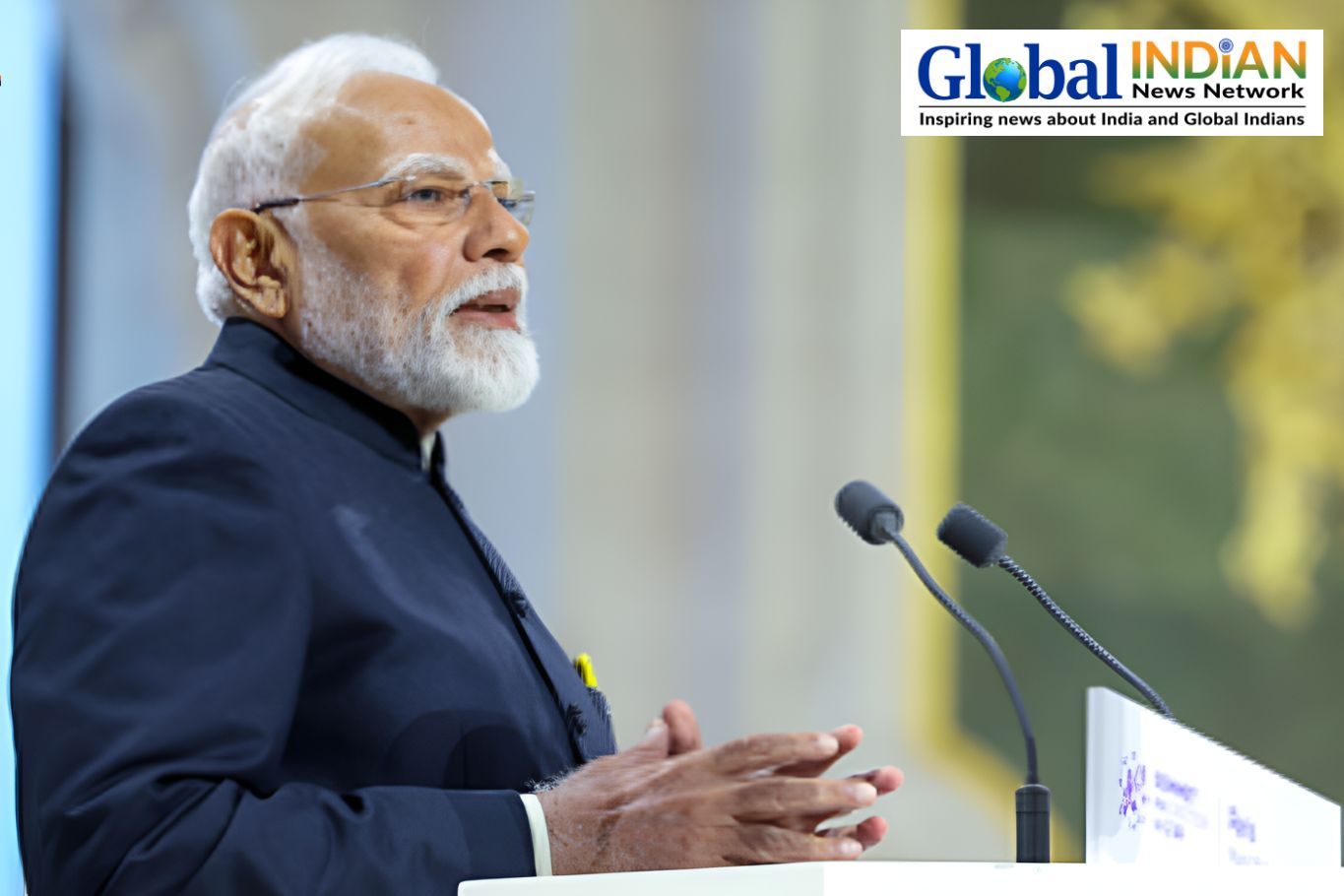
In a bid to diversify its carbon-neutral energy portfolio, India is set to introduce private sector investment of US$ 26 billion into its nuclear power sector, a departure from the traditional state monopoly in this field.
This landmark move aims to bolster India’s objective of raising the contribution of non-fossil fuel sources to 50% of its electricity generation by 2030, from the present 42%. Key private entities such as Reliance Industries, Tata Power, and Adani Power are poised to inject around US$ 5.3 billion (Rs. 440 billion) each into nuclear ventures under this plan. While private firms will oversee financing, land acquisition, and construction activities outside reactor premises, the state-owned Nuclear Power Corp of India Ltd (NPCIL) will retain control over plant construction, operations, and fuel management. Described as a “hybrid model” by expert Charudatta Palekar, this approach offers a novel pathway to expedite nuclear capacity expansion.
This initiative aims to augment India’s nuclear power generation capacity by 11,000 MW by 2040, following years of setbacks attributed to fuel procurement challenges. Past constraints, including stringent nuclear liability laws impeding foreign participation, have been mitigated, paving the way for increased private involvement and potentially propelling India closer to its clean energy aspirations.









